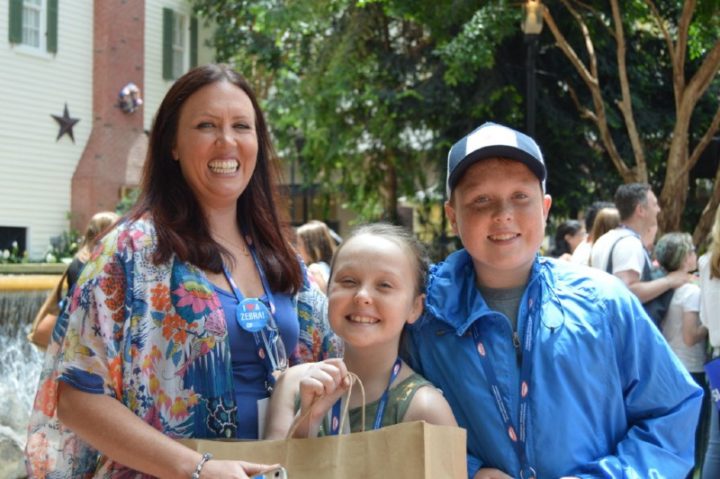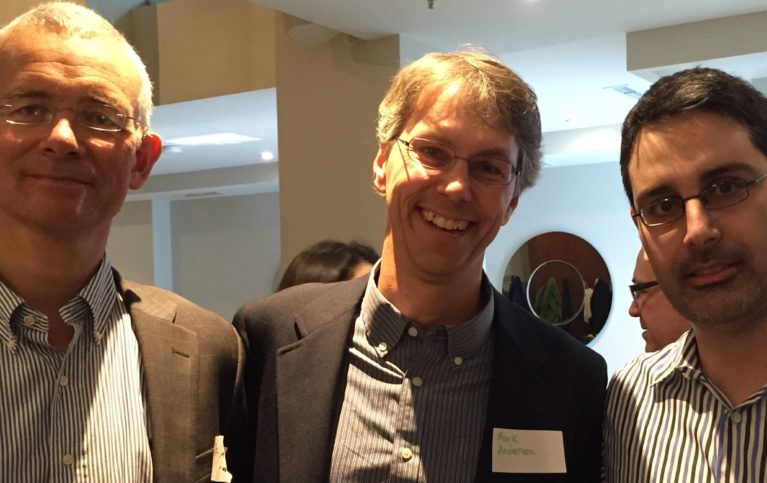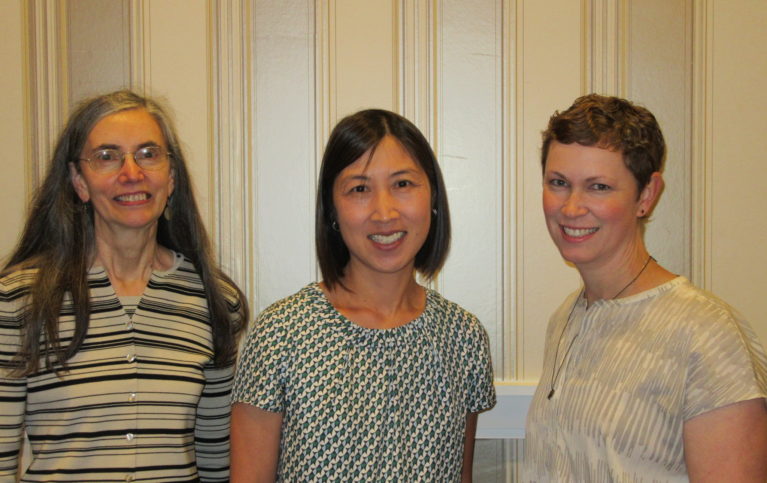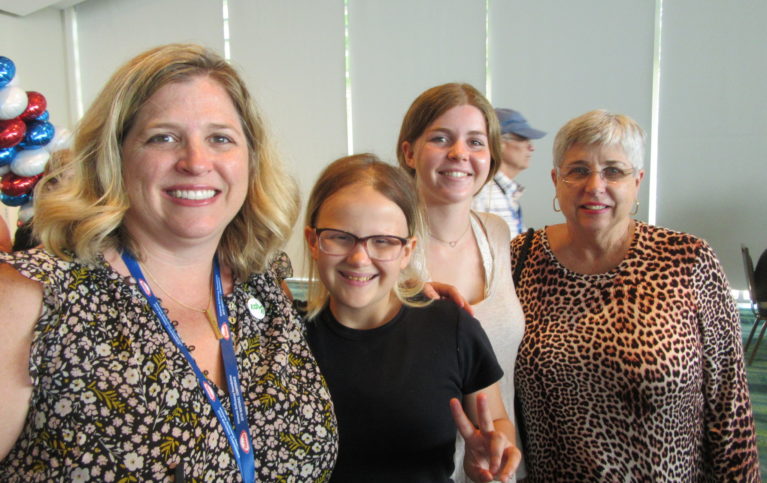Dear Friends, On behalf of the entire APS Type 1 Foundation, we want to extend our deepest gratitude for your incredible generosity on Giving Tuesday. Because of you, we surpassed our goal and raised an amazing $50,000! This success was made possible by: Every single dollar raised directly contributes to our mission. This funding is…
Read MoreThe APS Type 1 Foundation unites and empowers a global community to drive awareness, education, and groundbreaking research for APS Type 1, transforming lives affected by this rare autoimmune disorder.
Join The APS Type 1 (APECED) Registry
NEW! Please help us grow the registry with our new brochure. Share it with your care team.
The APS Type 1 (APECED) Registry is a secure database that provides a way to collect information from many different people with APS Type 1 and to update information over time as conditions and experiences change. The surveys are intended to gather information about many different aspects of APS Type 1, including details about diagnosis, prognosis, treatments, which disorders the patient has and when they were acquired, medications, hospitalizations and quality of life. Help us drive research!
How We Help
We connect patients, families and doctors, support the work of scientists, and drive research forward.

Stay Informed
The APS Type 1 Foundation brings the most up to date research to our community. Join our symposia, and sign-up for our newsletter and registry to keep abreast of the latest developments in research and management of this complex disease.
“The information we received at the 2019 Symposium was invaluable—as are the new friends we made.”
— Jade Smith, pictured here with Allyson & Geoffrey
Latest News
Welcome Amy Coan, our New Director of Community Relations
We are delighted to share another momentous occasion in our journey towards finding a cure for APS Type 1 and supporting those affected by this rare disease. Thanks to the generosity of our dedicated donors and supporters, The APS Type 1 Foundation is proud to announce that Amy Coan has joined us as Director of…
Read More



